This is it. This is the moment you've been working towards for months!
You're at a job interview for a company that seems like an awesome fit. You're sitting across from the person who's going to decide whether you're the person they want to invest in.
Impress them and that job offer is as good as yours!
You're flip flopping between giddy excitement and nervous waves of butterflies in your stomach.
After some small talk, you both sit down and they lead off with a question:
“Why do you want to work here?”
The answer you give has a huge impact on your first impression and will set the tone for the rest of the interview.
Are you just like the last 3 people that walked through the door? Or are you the clear cut #1 that makes this hire an easy decision?
We all want to be in the second bucket, but most candidates miss the mark with their reply. I know because I’ve been the candidate delivering it and the interviewer asking it.
In this post, I'm going to show you how to craft and deliver a killer response. We're going to cover:
- The reason interviewers ask “why do you want to work here?”
- A 3 step framework for acing your answer
- A whole bunch of example answers you can copy, tweak, and deliver (including the exact answer I gave during my interview with Google)
Let's start at the beginning — why the heck is the interviewer asking you this question in the first place?
Understanding Why Interviewers Ask “Why Do You Want To Work Here?”
Here's the bottom line — hiring new employees is a BIG deal to any employer.
Not just because they're excited to bring on someone awesome, but because they're terrified. Yup, you read that right – terrified.
Why? Two reasons:
- The chances of them hiring a bad employee are much, MUCH higher than them hiring an amazing, game changing new member of the team.
- The cost of hiring a new employee is high and the cost of hiring a bad employee can be noticeable on the annual bottom line
When I mentioned cost, your mind probably jumped to the salary side of things, but that's only one piece of the puzzle. The hiring/onboarding process has other “hidden” costs which actually make up way more of the total pie!
First, it takes time and resources to advertise a job, recruit candidates, and interview them. But new hires also don't operate at 100% efficiency out of the gate.
There's a ramp up period where they're not as productive and not generating the same outputs that team veterans are producing. How does that translate into dollars?
A recent study by Mellon Financial Corp. found that the total cost of hiring, including recruitment, hours spent interviewing, and lost productivity resulting from the learning curve for new hires and transfers was between 1% and 2.5% of total revenues.
The US Department of Labor estimates that a bad hire can cost a company 30% of the employees first year earnings.
The bottom line? A new employee is a large investment. While the rewards can be ample, companies are also taking on a lot of risk.
This is exactly why hiring managers are totally dialed into finding the “right” person. Someone who can produce, who's a great cultural fit, and who’s fully bought in on the company and their vision.
And that is why they ask why you want to work at their company.
While it sounds simple on the surface, this question sets the tone for the interview and can literally make or break your chances of scoring that sweet, sweet offer.
See, it's not just about you and your goals. Interviewers want to see that you've done your due diligence on the company.
That you understand where they’re going with this role and why it’s important.
It's also an opportunity to tie your unique experience into the goals, challenges, and initiatives of the business.
Finally, it's a chance to explain what excites you most about that organization. Are you interested in the product? Are you impressed by the culture? Are you inspired by one of their current initiatives?
This is an opportunity to show your personality and describe what you care about. Here's how to ace your answer:
Acing Your Answer To “Why Do You Want To Work Here?” In 3 Steps
Let's start with some mistakes.
In case you've been wondering, there are “right” and “wrong” ways to answer this question.
One of the biggest no-no's is delivering a totally canned, completely opaque cookie-cutter answer that could be cut and pasted into any interview at any company.
I'll give you an example.
I work at Microsoft Advertising where we sell digital ads on our search engines and other software products. You can find a TON of info on our business with a simple search for the business name.
We opened a new account manager role and had a bunch of people come in for interviews. One of them gave me this answer when I asked them, “Why do you want to work here?”
Terrible, Awful Example Answer (Please Don't Do This!)
I'm really excited to work at Microsoft because it's such a great company that's seen so much growth recently. I mean, it's just been amazing what you guys have done in the technology space and the stock price really reflects that.
I've also been really impressed by all of the investments the company has made in culture. Everyone I've spoken to is super happy to be here and is excited about the future. I want to be part of a team like that and company like Microsoft.
Ok, now go back at replace Microsoft with whatever tech company you'd like. Google? Snap? Facebook? Twitter?
Whoa, it's like magic! The answer works for all of them! Which is exactly why it stinks.
If you've read my stuff on interview prep, you know that I'm a big fan of preparing answers ahead of time for common question you'll be asked.
While it's great to have a standard answer for “tell me about a time you failed,” a canned answer from “why do you want to work here” is not going to work.
Answers like that tell me that you did zero research on the role or team you're interviewing for. They're neither unique nor compelling.
Strong answers are tailored to the individual business and work to tie your experience into the needs of the role.
They make specific references to the company's current initiatives and vision. They talk about your past and your results. They tie everything together in a way that says, “I know exactly where you're going and here's why I'm the perfect fit for that journey.”
Let's look at another example from a much better candidate interviewing for our Account Manager role:
Microsoft has been a part of my life since I was a little kid. I remember typing up my letter to Santa with my Dad in Word when I was about 4. It also sparked the salesperson in me when I started using Excel to track my allowance in middle school.
I majored in Marketing at [University] and my entry point into the tech world was digital advertising. I've been in the space for 8+ years, working at [Relevant Partner Company] for 6 of them.
I reached out to a few members of the team before coming in today and they told me that the business is focused on two major goals this year:
1. Creating processes to manage long tail accounts at scale
2. Prospecting and identifying new business
I've actually been focused on both of those initiatives for the past 3 years at [Partner Company].
First, I spearheaded the overhaul of our processes so we could templatize and automate a lot of the work for the 80% of our accounts that drive 20% of the revenue.
Second, I created and ramped up a new team of SDRs to focus on lead generation for a new segment we were building out. That team now brings in 15% of our total revenue.
I'm incredibly excited for the opportunity to join an organization like Microsoft in a capacity that directly aligns with my experience and what I love to do. Also, everyone I've talked to has been totally awesome – it seems like you have a fantastic team here.
Boom! Look at that thing — a heartfelt opening story, a little bit of background, calling out our teams specific needs, and directly addressing them?
Yeah, he got the job.
See how powerful that is? That's the type of answer I want you to be delivering at every single interview you walk into.
The best place to start? Company research.
Step #1: Research The Company
People always ask me, “how can I turn more job interviews into offers?”
My answer is always the same: prepare like crazy.
Preparation is the single largest factor in your ability to sell yourself and get hired.
In this section, I'll walk you through my favorite ways to research companies and ensure that you're an encyclopedia when you want into that room.
Listen To The Company's Earnings Calls
Public companies have a duty to share information with their investors. Their shareholders want to know the same things you do!
How's the company doing? What are our big challenges and goals? What are we focused on this half?
These earnings calls are an awesome way to get a quick, high level overview of where the company is at and where they want to go.
They're super easy to find too. Just head to Google and search for “[Company Name] earnings call” or “[Company Name] Investor Relations.”
The earnings call or the company's investor relations page (where those calls live) should be the first result. Then you just need to poke around for a link to the call or the webcast.
Here's an example for Lyft:
Read News & Analysis on Seeking Alpha
Seeking Alpha is another treasure trove of info on publicly traded companies.
The website is primarily geared towards investors, so there's plenty of data on company financials and performance. In addition to objective News updates, Seeking Alpha has an Analysis section of crowd-sourced articles from independent contributors.
These analysts weigh in daily on the present/future state of the business. They're giving their opinions too so it's a great way for you to see what narratives are out there so you can form your own.
Finally, if you hit “Get Alerts” or “Add To Portfolio,” Seeking Alpha will send you a daily email with all of the best articles written about your company. Research delivered straight to your inbox!
To find a company, just enter the stock ticker into the search bar. Continuing with our Lyft example, here are the initial results for LYFT:
As a quick note, the two research methods mentioned above are only applicable to public companies.
If you want to research a privately held company, you’ll need to switch up your approach. Here are a few ideas to help you get started (which I'd still recommend using for public companies as well!):
Search YouTube and Apple Podcasts for Interviews With Relevant Senior Employees
Let's use Stripe as an example of an awesome private company. They're a major player in the FinTech space and they handle credit card processing for a ton of businesses.
First, we want to figure out who's important at Stripe. We can easily look up their leadership team by Googling “Stripe Leadership Team” (you can use “[Company] Leadership Team” to find anyone else's).
That will either bring up the company's own page or a page from a site like Crunchbase:
That page will give us the skinny on who's in charge of what at your target company.
We want to dial into the people who would be most likely to talk about the side of the business you're interviewing for. Sometimes the CEO is a great options but other times you may want to look for a CMO or the VP of Engineering depending on your target role.
Once you have the name of your person, you can either head to YouTube and search for “[Name] [Company] Interview” or you can go to Google and punch in “[Name] [Company] Podcast.”
A quick search on YouTube pulled up this Inc. interview with Stripe's co-founder, John Collison:
When you get someone talking about their company, their vision, and their plans for an extended period of time, you're going to get some amazing perspective.
The conversation is packed with info about the company's rise to prominence, trajectory, and initiatives (straight from the co-founder himself).
You can also pick up on the language he uses to describe things and the specific items he places the most emphasis on. Pure gold!
Scan The Company's Social Media
A company's social media presence is a window into their public persona.
Check out their corporate Twitter, Instagram, Facebook, and LinkedIn accounts to see what they're pushing.
Take note of the company's “voice.” Do they communicate with a light, humorous tone? Or are they more on the serious/professional side?
Netflix is a great example of this:
Assessing the tone will help frame the business information in the context of their company culture.
You can also see how the community reacts to those updates. Are they excited and positive? Are they grumpy and trolling? What comments rise to the top? This is a great opportunity to gauge the company's connection with its customers.
After you've reviewed the corporate accounts, you can dig further by searching for individual influencers within the company.
What are they talking about? How are they interacting? Look for common themes and trending topics between high-level employees. These can serve as great talking points during the interview.
Here's an interesting tweet from Patrick Collison, the other co-founder of Stripe:
Step 2: Dive Deeper with Role-Specific Research
After you've researched the company as a whole, you should strive to understand how the role you're interviewing for fits into the bigger picture.
How is this role going to make an impact on the company’s challenges, goals, and initiatives?
One of the best ways to do that is by talking to the people on the team. You’ll get more info, but you'll also have a chance to build a relationship with someone who can get you hired.
How do you find influential team members to reach out to? It all starts with LinkedIn.
LinkedIn is an incredibly valuable tool during the job search/interview process for many reasons. My favorite is the view into the company's current organization and employees.
All of those people are leads that can help unlock a company's secrets and give you an edge in the interview!
Finding them is easy, you can just use LinkedIn's search bar. I leverage this format:
[company, title, department, vertical/industry, city]
You're aiming for individuals that would be your manager or your colleague sitting at the desk next to you. They'll have the best scoop on the role and why they're hiring for it.
Let's say you're interested in a San Francisco-based product marketing role at Stripe. You could search for “Stripe senior manager product marketing san francisco”:
Finding Their Emails / Contact Info
Once you've pinpointed your target employee, the next step is to figure out how we get in touch.
I personally recommend emailing as your primary outreach option and LinkedIn messaging as a backup. If we want to make that happen, we need to find their email address.
Here are a few ways to make that happen:
LinkedIn – This option doesn't always work, but it's so easy to check that it's worth a try!
If you visit a person's LinkedIn profile, there’s a Contact Info button right below their title. People often remove their email from this section, but sometimes it's right there for you to grab!
Mailscoop is a free email lookup tool that will help you find anyone's corporate email address in a matter of seconds.
Convention Matching – Most companies usually assign email addresses with a universal format. In other words, if the convention is [email protected], nearly every employee's email will follow that format.
Here's one way to figure out the convention: use LinkedIn to search for sales reps in the company. Sales reps are more likely to have their email listed on their LinkedIn profile.
Now that you have your contact's email in hand, we want to verify that your email will actually make it to them.
Head over to MailTester and plug in the email you got. Mailtester will tell you if that email is valid or if you need to keep searching (or take a shot in the dark).
Reaching Out To Your Contacts
Awesome! You've identified your target contacts and scooped up their email addresses. Now it's time to reach out.
Your goal is to set up a meeting to learn more about the initiatives/challenges within that particular team so you can bake that into your answer to “why do you want to work here?”
Important Note: You should NOT mention the job opening at any point during these interactions. The objective of this meeting is to gain a deeper understanding of the team. It is not to discuss a job opportunity.
Before sending the email, you want to do a little research on the person you're reaching out to.
Look them up on LinkedIn, Twitter, Facebook, etc. Try to find out what their interests/passions are:
- Are they professionally active online?
- Do they write articles and share posts?
- Did their name come up alongside any projects?
The more you know about this person, the better. You can use that information to personalize your approach and personalization is powerful.
After you've done your research, you've got the green light to hit send on that email. Remember, the goal is to set up an informative meeting, so you should express a deep interest in their field/role.
Here's a quick email template to you can copy, tweak, and send:
Recommended Subject Line: Quick Question
Hi Sarah,
My name is Austin, I'm the founder of Cultivated Culture. I recently came across your LinkedIn article on the future of IoT—very interesting read.
I hope you don't mind me reaching out of the blue, but I saw that you have extensive experience with IoT at Amazon Web Services. I'm very interested in that space and would love the opportunity to pick your brain and run a few questions by you, given your deep knowledge of the vertical.
I know you're very busy and your time is extremely valuable, so please don't feel the need for lengthy responses. But if you have 10 minutes for a quick chat, that would be greatly appreciated.
Best,
Austin
In the meeting, your questions should be aimed at their present goals, challenges, and initiatives.
Why? Because incorporating those points into your interview response is key. It'll show that you've done your research, you care about the role, and you're excited to make a difference.
Step 3: Crafting (And Delivering) Your Response
At this point, you should be armed with a ton of info. You've listened to the company's earnings calls, you've watched a recent interview with a relevant exec, and you've chatted with employees about their team's current challenges.
You have everything you need to deliver an amazing response when your interviewer asks, “Why do you want to work here?”
A strong answer to this question has three parts: Introspection, Connection, and Storytelling.
Part #1: Introspection
If you want to deliver a genuine answer, you need to talk about things you actually care about.
If you say, “I just love the company culture of going to Escape Rooms every Friday” but escape rooms are your actual nightmare, it's not going to come off well.
Start by asking yourself questions like:
- What do I love about this company?
What do I love about this role?
Is there a specific initiative that I'm highly interested in?
Is there a particular challenge that I'd love to help out with?
Am I excited about the culture/vision as a whole?
There are plenty of things to be excited about when it comes to a company, team, and role!
Are you amazed by their product? Are you inspired by their new initiatives or vision? Perhaps their culture resonates strongly with your values?
The important thing here is to be specific. Like we talked about earlier, generic responses are a sure-fire way to fall short on this question.
Part #2: Connection
Now that you know your “why,” the next step is to tie it into your values and experience.
There's a term we use a lot in sales: WIIFM. That stands for What's In It For Me?
It may seem like the interview is about you, but the opposite is actually true. The company and interview care about what you can do for them in terms of exceeding goals and expectations.
A strong answer to “why do you want to work here” illustrates your knowledge of the company's needs and goals, then uses your experience and achievements as evidence for why you're the best person to make those a reality.
Let's look at a two examples, one bad, one good:
Bad: “I'm very intrigued by the [current initiative] Google is pursuing. The progress your team is making in that field is really impressive.”
Good: “I'm very intrigued by the [current initiative] Google is pursuing. I know competitors like Amazon are making big investments in the space as well. I listened to Larry's keynote at I/O though and I love his strategy of rapid expansion through partnerships.
In my current role, our company ended up in a similar situation. Obviously on a smaller scale, but we were in a race against three competitors to capture a new market. Our goal, similar to Larry's, was to leverage partnerships and existing platforms to expand instead of building proprietary workflows from scratch.
I was the lead for vetting and analyzing potential partnerships for that. We ended up bringing in 5 partners in 6 months per my recommendation. Those partnerships led to a 476% spike in new users and a 43% bump in customer retention.”
See the difference?
The first statement doesn't address your experience/values at all. It feels one-sided and vague.
The second answer shows that you know where the company is going and uses your experience to show why you're a fantastic person to get that job done!
Part #3: Storytelling
According to cognitive psychologist Jerome Bruner, telling stories can make you 22x more memorable. Who doesn't want that?
Wrapping your experience, your value, and your goal into a story is probably the most critical part of this answer.
The storylines don't always have to be about you either. In fact, you'll probably want to spend a little more time talk about the company.
When I was interviewing at Google, I referenced a story from an employee I spoke with (using the tactics from Step 2). He described a project with a goal of bringing WiFi to a rural town in South Carolina and I cited that as an example of the type of work I wanted to do.
Bringing that up in the interview accomplished two things at once:
- I enhanced my answer with an interesting story that aligned with my values.
I demonstrated how deeply I had been researching the company's initiatives.
Two birds with one stone!
3+ Examples Answers For “Why Do You Want To Work Here?”
Now it's time for the good stuff! We're going to take all of the strategies and frameworks laid out above and turn them into example answers that you can leverage during your next interview.
Let's kick things off with the exact answer I gave when I was interviewing at Google:
Example Answer #1: The Exact Answer I Used At Google
“I love that Google creates an environment which synonymously promotes individuality and collaboration as a means for innovation and growth.Google has the best technology products available, and has been one of the most successful companies in the world because they approached things differently. They are open minded. Google had the first “startup culture” that is present in offices around the world today.
These two things are not a coincidence and they really resonate with me. The two most valuable factors for me are:
1. To always be learning
2. To be doing work that has a positive impact on people’s lives
For the former, I’ve found that the best way to learn is to surround myself with people who are a heck of a lot smarter than I am. I’ve asked every Googler what their favorite part of working at Google is, and the answer is always the people. Each person lit up when they answered, praising people's willingness to learn, teach, and help.
In terms of impacting people’s lives, I wanted to recount a story from my referral, Tom. He’s in the education vertical and spends a significant amount of time at rural schools.
When he was down in South Carolina, a teacher asked him about the possibility of getting wifi for the town and its students. Tom said he would do his best and upon returning he asked around. He sent an email to Astro Teller who responded and they discussed the feasibility of implementing project Loon in the area. I don’t think it panned out but the fact that the communication took place over a tiny town in South Carolina sold me. That’s the kind of stuff I want to be doing.
I believe that Google offers an exceptional place for me to learn and gain experience while adding value to people’s lives each day.”
Notice how I tied my admiration for Google together with my deep-seated personal values. I identified specific qualities that impressed me, but I also provided context for why I feel that way. Then, I picked a compelling story from my conversations and used that to form a narrative.
Next, let's look at an example that's a focused on the specific aspects of a company's culture of collaboration:
“Why Do You Want To Work Here?” – Example Answer #2
“I had the opportunity to speak with several employees here at [Company]. I asked all of them what they felt was the best part of working here. Across the board, the resounding answer was the collaborative culture.Each person explained how everyone here is not only bright and passionate, but also eager to help other team members. I think [Company's] culture is really evident in [CEO's] new initiative to have weekly 1:1 meetings with every employee to talk about their goals and challenges. I applaud that.
In my last role, I really came to appreciate just how important communication and collaboration are. We had weekly lunch-and-learns with members from different departments to discuss challenges and share ideas. In one meeting, I explained how the sales team was being impeded by slow turnaround times on custom collateral. A member of the engineering team felt they could help, and we worked together to create a simple tool that cut turnaround times by 40%.
The fact that the CEO is so invested in the employees and willing to put aside time to form relationships with each one of them speaks volumes about this [Company]. I want to work here because I value meaningful connections, and that same value is clearly shared by the CEO and permeated throughout [Company]. I want to be surrounded by intelligent team members who feed off each other to achieve more than they could do alone.”
Comparing this example to my answer for Google, what do they have in common
For starters, both reference a specific initiative that was uncovered by the candidate's extensive research. In the first example, it was the attempt to bring WiFi to a rural town in South Carolina. In this second example, it was the CEO's 1:1 meetings.
Both examples then go on to connect those initiatives to the interviewee's values/experience. Ultimately, this creates a well-balanced answer, highlighting the company, the candidate, and why they're a good fit.
Now, you might be reading those examples thinking, “gosh, these are pretty lengthy.” If long answers aren't your style, that's okay. You can still pack the same principles into a concise, hard-hitting response. Just don't be too brief.
Here's a great example of an answer that's short, sweet, and to the point:
“Why Do You Want To Work Here?” – Example Answer #3
“To me, [Company] represents innovation at its finest. I've been following the developments of your new robotics project, which have been totally fascinating and inspiring.
I wanted to learn more about the project, and I was fortunate enough to chat with some of your employees about it. When I spoke with [Name] from the design team, she told me how the prototype was created during a company-wide “design-a-thon” competition. I think that clearly illustrates how much [Company] values creativity, which is why I want to be a part of this team.
I love thinking outside the box. My favorite thing about my last role was finding unexpected solutions to problems. I want to bring that same innovative spirit into this role, where I feel that it will fit right in.”
While shorter than the other two, this example still contains similar elements. It calls out specific initiatives (robotics project + design-a-thon), praises those initiatives, then ties them back to the interviewee. The middle section is also framed in a story-like way, beginning with a “quest” to learn more.
Final Takeaways About Pitching Your Why
“Why do you want to work here?” is an important question, not just for the employer to ask, but for you to ask yourself. Hopefully, the exercises in this post help you reflect on this question and give you some clarity on the exact reasons you’re so excited about the opportunity!
Conversely, if what you feel in your heart is vastly different from what an employer would want to hear, you may want to take a step back and reconsider if this role is right for you. The grind of showing up to a job you don’t like, doing work you’re not passionate about — that’s going to be tough in the long run.
That being said, everything depends on your situation. Maybe the role is a stepping stone toward your dream job. Or maybe the salary will help you quickly pay down your debt. At the end of the day, it’s a personal decision—one you should make with careful consideration.
Either way, now you're armed with the tools you need to nail your answer for any company when they ask you why you want to work there.
If you have any questions about anything we mentioned here, or about your specific situation – drop them in the comments below! We read and reply to all of them.


















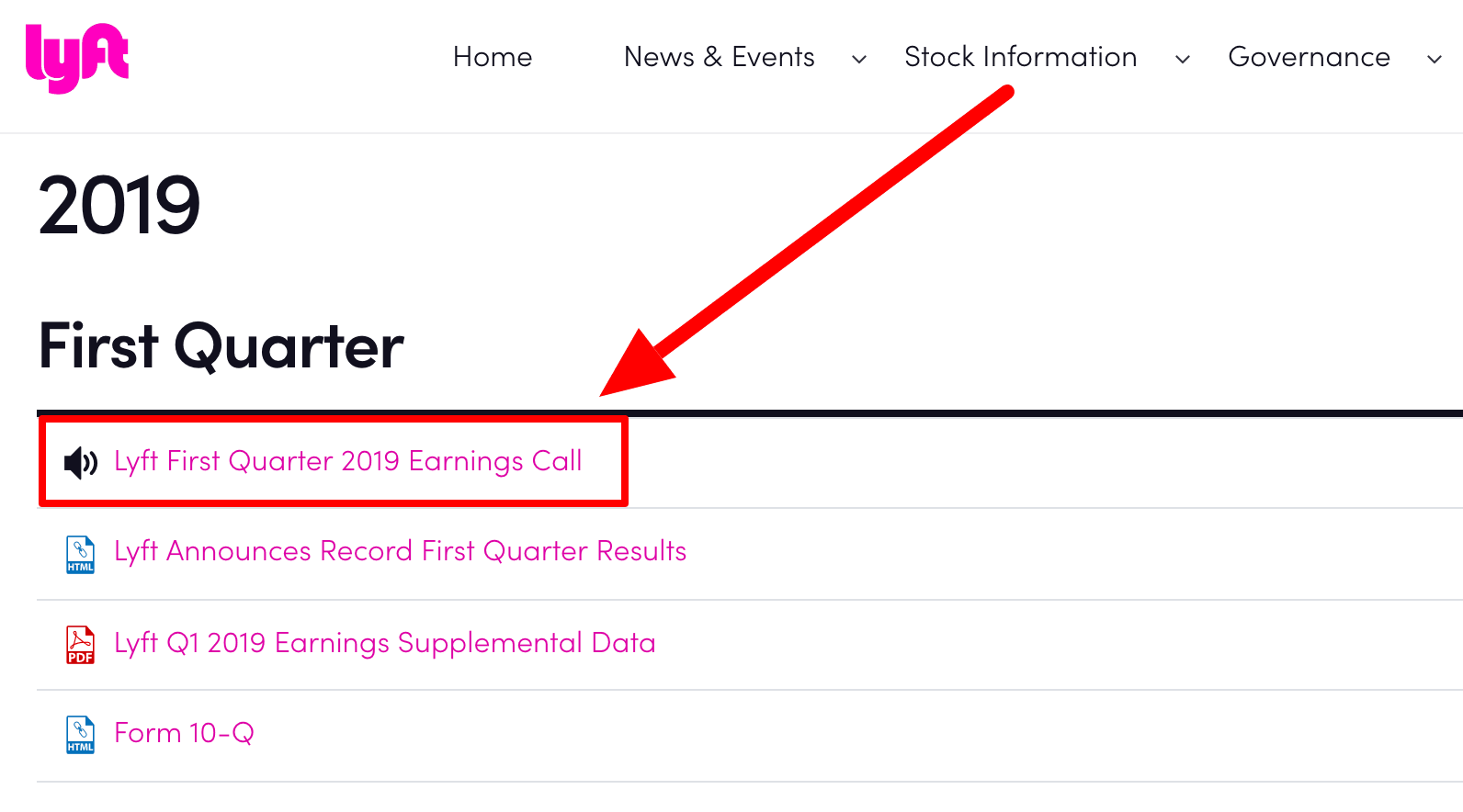
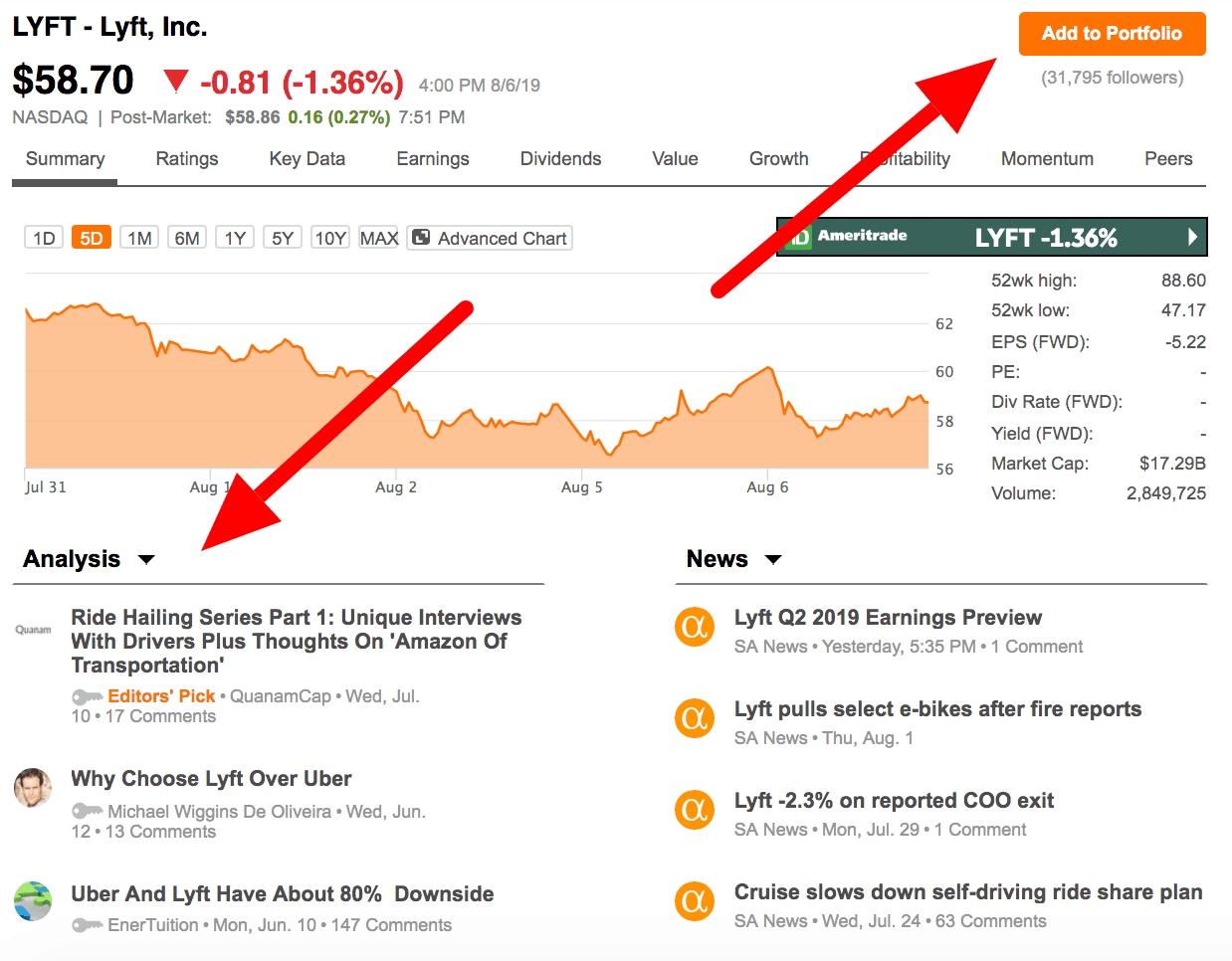
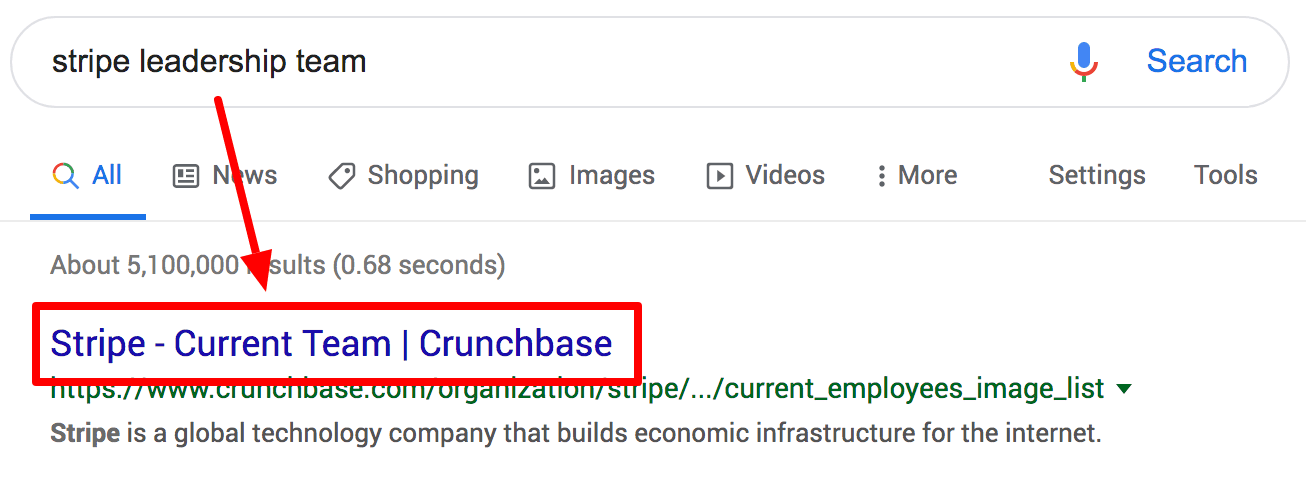

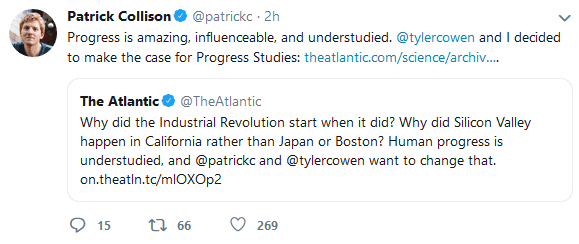
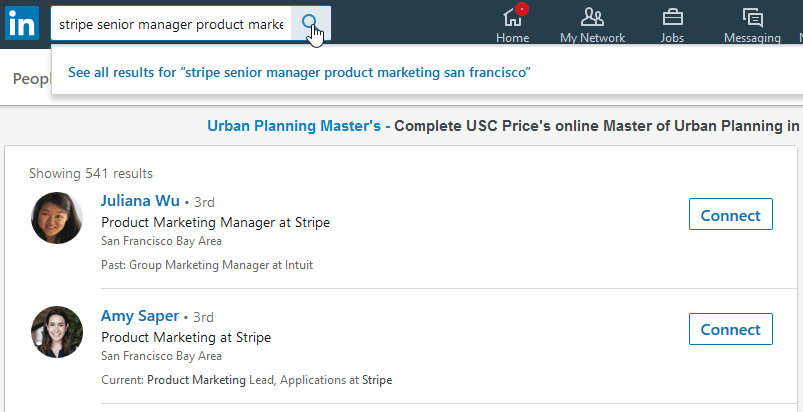

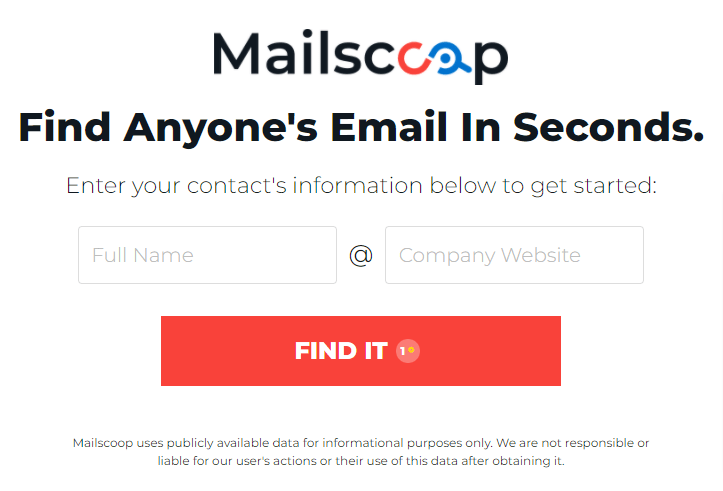










Wow great article, thank you for sharing. Very long and informative and helpful! Thank you
Thanks so much Jon, appreciate you giving it a read!
Hi Austin,
I’ve been following your articles and emails and they are an absoulute pleasure to read. The content is flowing with useful information, something that I have been unable to find in all my google searches of “Resume”, “cover letter” and “Interview questions sample answers”.
This is truly a guide to getting a job. This article was very well written and highly useful for going into interview and nailing this question. Looking forward to tackling my interview with your tips and advice!
Ahsan
Thanks so much Ahsan, I’m so glad to hear it was helpful!
Hi Austin,
I am glad I found this webpage. You’re doing great with the loads of priceless information you have shared. I have used your CV rebranding tools for my CV and I have submitted same for some job openings I cannot wait to share my story with you and other readers here on this platform and beyond.
PS: I have sent you a request on LinkedIn so I can keep up with your posts and articles. I look forward to connecting with you.
Thank you for all you do, Austin.
You’re so welcome Emmanuel! I’m super happy to hear it’s been helpful for you – keep me posted on how things go!